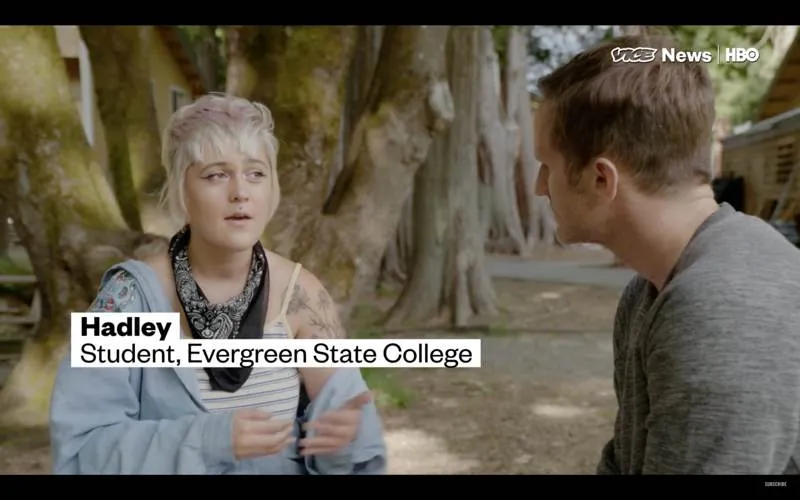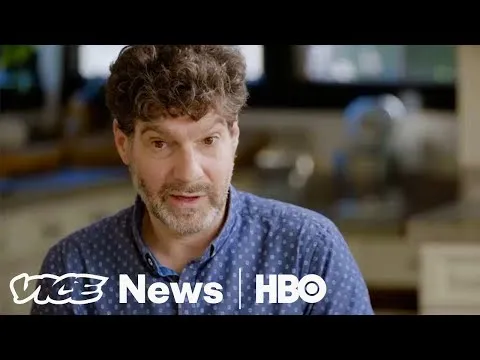
When I was in middle school, my history class staged a walkout. I don’t recall the reasons, but I’m sure at the time we all thought them righteous and just. I’m also sure that if I remembered those reasons today, I’d find them silly. Embarrassing. Childish, in a word, because that’s exactly what we were at the time: children.
That seventh grade walkout came to mind as I watched Michael Moynihan’s report on Evergreen State College for VICE News.
The details baffle, but for my purposes here they’re largely irrelevant. The short version goes: a professor objected to a stunt put on by the students, a stunt they thought was righteous and just, and now they want him fired because he’s clearly too filled with hate, and thus too opposed to righteousness and justice, to continue teaching at Evergreen State.
The professor stood up to the students, as he should, but the administration, while not acceding to their demands, has allowed the students to berate the dean and the professor, physically menace both, and generally get treated as equal players at the table when it comes to how Evergreen State, the institution, should address whatever issues set the students off so.
The wave of similar campus tantrums has attracted quite a lot of press and think pieces, offering quite a lot of theories about the cause. Do America’s youth no longer value free speech? Is this a variety of “social justice” morality run amok? How can we right the next generation’s ideological course?
But such thinking goes wrong because it fails to grasp a key ontological point about the perpetrators. Namely, college students are still children.
Of course, college students will tell you different, and many will be insulted by this label. But all children believe, in the moment, that they are not children. When my seventh grade peers and I walked out of history class, we didn’t see ourselves as mere kids, assessing our situation through our underdeveloped lenses, and with our underdeveloped critical reasoning. Instead, we were heroes standing up to injustice. We were roleplaying the plight of the oppressed and playacting a stand against our oppressor. In short, we still had growing up to do.
So do 19 and 20 year olds. That’s why they’re in college. A university takes kids fresh out of high school and provides them an enviroment in which they can learn the skills and develop the traits that will allow them to become adults. But they’re not there yet.
How do I know they’re not there? Because I was in college once, I was 19 and 20 and 21 once. I thought, at the time, that I had it all figured out. But now, as a 38 year old, it’s obvious that I didn’t. I was still a kid. The same’s true for everyone old enough to actually be an adult. Ask them. With age and experience and perspective, they can look back at their college years with clarity.
The blame, then, for the rise of campus protests lies not with the students — they are, after all, still children, still with growing to do — but with the faculty and administrators who refuse to see them as they are, and instead pretend they’re fully adults. The adults on campus are the adults on campus, and the relationship they have with their students should be the same as at any other level of schooling. To act otherwise, to humor these outbursts, is to fail in the very purpose of education: to teach children how to be functioning adults.
These Evergreen State students will grow up and look back on their youthful outbursts the same way all of us look back on our. That is, unless the adults around them, tasked with helping them in their growing up, convince them, through misplaced humoring and an unreasonable fear of being perceived as condescending, that they’re already there.
